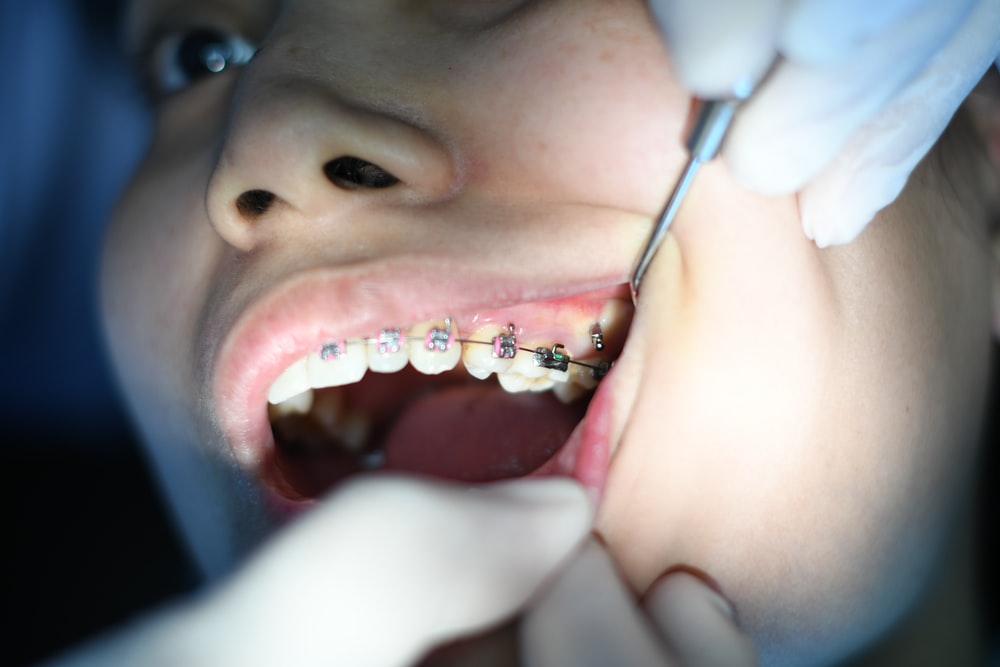Do Wisdom Teeth Have To Come Out?

Wisdom teeth are the last types of teeth to appear. They often erupt in the late teens and early to mid-twenties (typically 17-25 years of age).
Unlike the rest of your teeth, wisdom teeth can be problematic and are prone to different health complications. This nature makes it necessary for some people to extract these teeth.
Still, not all wisdom teeth are problematic, not everyone grows them, and their removal isn’t always necessary. Understanding these teeth will help you establish whether removal is essential and give you the confidence to face any challenges that come with the entire process.
What You Need To Know About Wisdom Removal
Wisdom teeth can erupt anytime within 17 to 25 years of an individual’s life. Attending dental checkups at the right time, especially between the ages of 15 and 19, is an excellent way to determine if any problem might arise with wisdom teeth eruption.
Most Australians think that wisdom teeth have to be extracted. However, experts argue that most of these removal cases aren’t necessary. Enough evidence suggests leaving the teeth as they are causes no problem, especially if they are asymptomatic.
This point attracts a lot of arguments, with a portion of Australian dental specialists arguing that leaving the wisdom teeth intact focuses on economic considerations instead of what’s best for the patients. While the arguments draw both sides, removing wisdom teeth can have positive and negative impacts.
Cost of Wisdom Teeth Removal
Wisdom teeth removal costs up to $400 per tooth, and the price may go up depending on your situation. Medicare doesn’t cover the costs unless you receive the service as an in-patient, which is rare. You may want to answer the question: “do wisdom teeth have to come out?”
The simple answer is no unless they’re problematic. However, it’s necessary to keep routine dental checkups with your dentist to monitor the teeth and practice proper oral hygiene and care to prevent any problems.
Why Don’t I Have Wisdom Teeth?
Not everyone has wisdom teeth. They are among the most popular congenitally missing teeth in most individuals. Thus, you don’t have to stress yourself if you never develop these sets of teeth, as that’s very normal.
How Do I Tell if There’s a Problem With My Wisdom Teeth?
In most cases, the wisdom teeth grow partially (impacted), causing discomfort in your lower and upper jaw. This pain in the jaws is often the first sign of problematic teeth. A feeling of pressure in the rear of the mouth, sensitive, inflamed, or swollen gum tissues may also mean a developing wisdom teeth problem.
Other issues to look out for include:
- Bad breath
- Gum inflammation
- Sinus complications like headache, pressure, pain, or congestion
- Persistent jaw pains
- Unusual taste in the mouth
- Stiff jaw
Some people experience no pain when developing wisdom teeth. While this is common, it doesn’t always mean the absence of a complication.
As a result, dental experts recommend professional examination and monitoring to establish the accuracy of the whole teething process.
Do I Have To Remove My Wisdom Teeth?
Wisdom teeth removal isn’t necessary in all cases. At Whitehorse Dental, we examine and administer the treatment from case to case to ensure you only receive the service if it’s compulsory. The removal becomes mandatory only when the teeth are causing you problems. Thus, your wisdom teeth require no removal if they grow upright and functionally.
While some wisdom teeth don’t show signs of problems, they often develop issues over time. First, these teeth are far back in the mouth, making them hectic to keep clean. As a result, dentist checkups and regular and thorough oral hygiene are necessary to keep them healthy and functional.
What’s the Meaning of Impacted Wisdom Teeth?
Impacted wisdom teeth are the set of these late molars that erupt partially or remain fully buried under the jawbone’s soft tissues. Impacted teeth aren’t accessible, making it challenging to clean them.
As a result, these teeth are prone to dental conditions like tooth decay, tumors, and cysts (in rare cases). To save you from the struggles, your dentist will conduct bone X-rays to expose the eruption and remove the problematic tooth.
What Happens After Wisdom Teeth Removal?
In most cases, patients will experience mild to moderate pain after extraction. This discomfort often goes away after some time, and your dentist will prescribe painkillers to make you feel better.
However, many other complications can occur after the surgery. These include:
- Swelling and bruising
- Sinus complications
- Inability to fully open your mouth
- Jaw stiffness
- Nerve damage
- Dry sockets
- Bleeding
- Oral infections
Do Wisdom Teeth Have To Come Out? Final Thoughts
Wisdom teeth removal isn’t necessary unless they are causing you problems. However, whether you need to remove the teeth or not is a decision that a professional dentist best determines. That’s because sometimes wisdom teeth can start erupting asymptomatically but develop problems later. Also, keep your dental checkup schedules to ensure that your teeth, jaws, and gum tissues remain healthy throughout the process.
Are you experiencing wisdom tooth pain? Are you experiencing any issues with your wisdom teeth eruption? Let our qualified dentists at Whitehorse Dental help you determine if there’s any danger and whether you need wisdom teeth removal.
We’re skilful and experienced in removing wisdom teeth. Book your appointment here.



